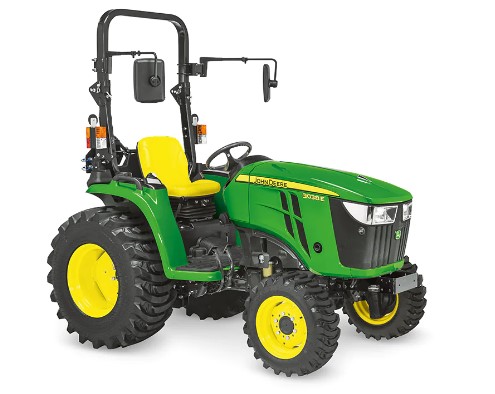John Deere is a renowned brand in the agricultural industry, and their equipment is used by farmers and ranchers across the globe. The John Deere 3038e is one of its most popular models, being employed for various farming activities.
However, it has been reported to experience certain issues that may affect its efficiency or performance. In this article we will take a look at these common John Deere 3038e problems and how they can be identified, solved and prevented from happening again.
Keep reading to learn how to avoid these problems and get the most out of your John Deere 3038e.
| Problem | Cause | Solution and Prevention |
|---|---|---|
| Hydraulic failure | Low fluid level or dirty hydraulic oil | Check and change hydraulic oil regularly |
| Overheating | Clogged radiator or damaged fan | Check and clean the radiator and fan regularly |
| Electrical issues | Loose connections or dead battery | Check connections and replace the battery if necessary |
| Transmission issues | Worn clutch or damaged gears | Repair or replace the clutch or gears as needed |
| Fuel system issues | Clogged fuel filter or faulty fuel pump | Replace the filter and pump as needed, and use clean fuel sources |
John Deere 3038e Problems: Causes, Solutions, and Prevention
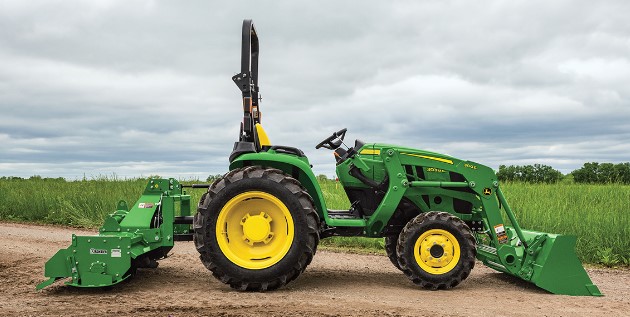
Hydraulic Failure
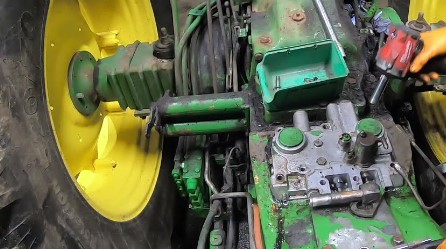
John Deere 3038e owners should be aware of the potential for hydraulic failure due to insufficient fluid levels or unclean hydraulic oil. To avoid such an occurrence, it is highly recommended that owners check and replace their tractor's hydraulic oil at regular intervals in accordance with the manufacturer's guidelines. It is also important to ensure that only the correct type of hydraulic oil is used in order to maximize performance and reduce the risk of further damage.

Overheating
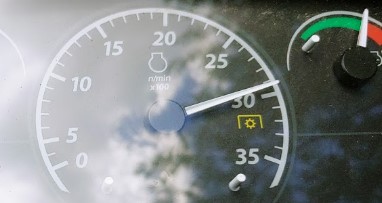
John Deere 3038e owners may encounter an issue with overheating. This can result from a blocked radiator or damaged fan. To avoid this, it is essential to inspect and clean the radiator and fan regularly. Furthermore, check that the fan functions properly and replace it if necessary for optimal performance.

Electrical Issues
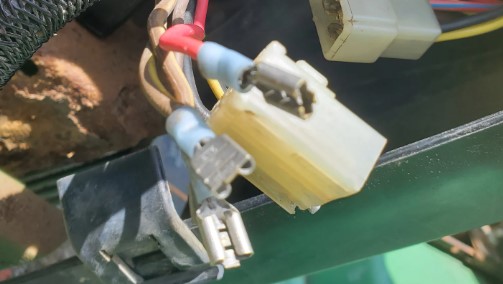
John Deere 3038e is not immune to electrical issues, such as loose connections and dead batteries. To minimize the risk of experiencing these problems, it is advisable for users to check the electrical connections frequently and secure any that are loose. If a dead battery has been identified, replacing it with a new one should be considered an immediate action in order to restore optimal performance.

Transmission Issues
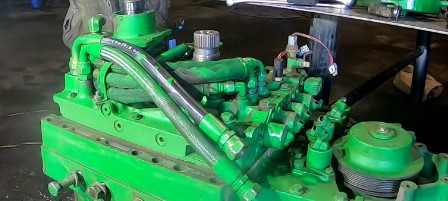
John Deere 3038e tractors are prone to transmission issues. These can be caused by worn clutches or damaged gears. If a tractor owner notices any abnormalities in the transmission, it is essential that they take action to repair or replace the clutch and/or gears as soon as possible. Neglecting this problem could lead to further damage and costly repairs down the line.
Fuel System Issues
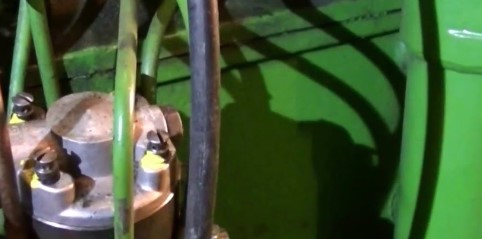
John Deere 3038e users should take care to replace fuel filters and pumps as needed, and use clean fuel sources in order to avoid potential issues with the vehicle's fuel system. Clogged fuel filters and faulty fuel pumps are common causes of these problems, so proactively replacing them can help ensure that the John Deere stays running smoothly.
Keep Your John Deere 3038e Running Smoothly: Tips to Remember
- Regular maintenance and check-ups can prevent most John Deere 3038e problems.
- Use the right type of hydraulic oil, fuel, and replacement parts to ensure optimal performance.
- Check and clean the radiator and fan regularly to avoid overheating issues.
The Final Word on John Deere 3038e Problems
The John Deere 3038e is a powerful and reliable piece of equipment. However, like any machine, it can experience problems from time to time. By following the tips outlined in this article, you can prevent and solve most John Deere 3038e problems. Don't hesitate to seek professional help if you encounter any significant issues with your tractor.
